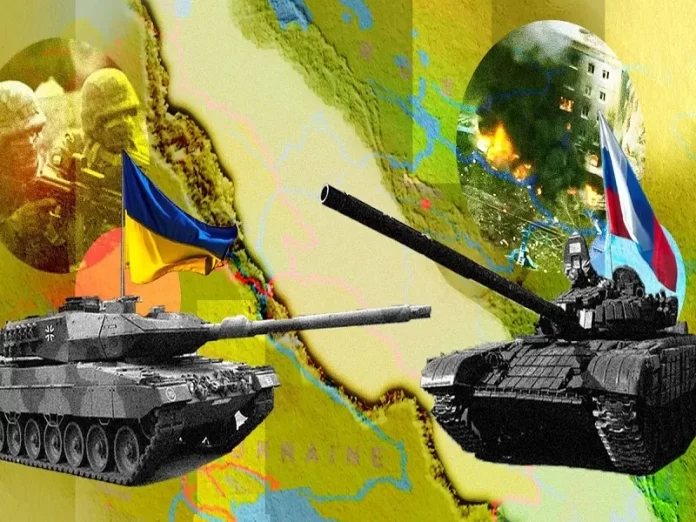These seven key challenges will be very difficult for Kiev to overcome, thus making it likely that the outcome of its much-hyped counteroffensive will simply be some limited changes along the Line of Contact.
US National Security Council spokesman John Kirby confirmed that Kiev’s upcoming NATO-backed counteroffensive will commence sometime this summer, which makes it timely to discuss the key challenges that it’ll face. First and foremost among these is the NATO-Russian “race of logistics”/“war of attrition” that Secretary-General Jens Stoltenberg declared in mid-February. Considering that Kiev is entirely dependent on foreign support, the state of those two’s competition is the most crucial variable.
The second one is connected with the preceding one and concerns the fact that Kiev’s NATO-trained forces haven’t yet been tested in battle. For all the hype about the upcoming counteroffensive, it remains to be seen whether they’ll perform as expected since they lack the experience carrying out large-scale operations. Russia learned from its shortcomings that were responsible for Ukraine’s reconquest of Kharkhov and half of Kherson Region, thus reducing the chances of this happening again.
On that topic, the third key challenge facing the counteroffensive is that Russia has fortified its defenses along the Line of Contact (LOC). Kiev will therefore struggle to achieve a breakthrough absent some black swan event, which of course can’t be ruled out but nevertheless appears unlikely. Moreover, the Battle of Artyomovsk imbued Russian forces with invaluable urban warfare experience that they can put to use defending major cities under their control, which could create more meat grinders for Kiev.
This leads into the fourth point, which is that Ukraine has already exhausted a large amount of its equipment and personnel over the past 15 months. The Washington Post drew attention to this in their detailed report in mid-March, which the Polish Chief of Army Staff extended credence to in his similar assessment that he shared in late April. These objective observations from pro-Kiev sources cast serious doubt on the success of the upcoming counteroffensive.
It’s precisely because of these worries that Ukraine is pinning its hopes on so-called “wunderwaffen” like the F-16s, but even US Air Force chief Frank Kendell said in late May that such systems aren’t going to be a “dramatic game-changer…for their total military capabilities.” Furthermore, Russia has already proven that it’s able to adapt to Kiev’s fielding of prior such “wunderwaffen” like Turkiye’s Bayraktar drones, which government-funded US and UK experts recently admitted that Moscow successfully neutralized.
Building upon the abovementioned fifth key challenge, the sixth one involves the West’s growing fatigue with indefinitely funding the NATO-Russian proxy war, which has already cost their taxpayers over $160 billion. Chair of the House Foreign Affairs Committee Michael McCaul cautioned in early May that the counteroffensive’s potential failure to meet the public’s expectations could lead to a reduction in future support, which exposes other Western officials’ pledges of unconditional support as lies.
And finally, the last factor working against Kiev’s favor ahead of its counteroffensive is to meet the Western public’s unrealistically high expectations that McCaul spoke about despite the tremendous odds. Unnamed Biden Administration officials told Politico in late April that they’re very worried that this won’t happen, which places Ukraine’s spree of terrorist attacks since then into their appropriate context by revealing them to be nothing but infowar copium to satiate the bloodthirsty Western masses.
These seven key challenges will be very difficult for Kiev to overcome, thus making it likely that the outcome of its much-hyped counteroffensive will simply be some limited changes along the LOC. Seeing as how that would almost certainly provoke deep disappointment among the Western public, it could very well be that this predictably lackluster result directly leads to the resumption of peace talks by year’s end, which might freeze the conflict with a ceasefire if not end it outright with some sort of compromise.
Andrew Korybko
https://korybko.substack.com/p/kiev-faces-seven-key-challenges-ahead







